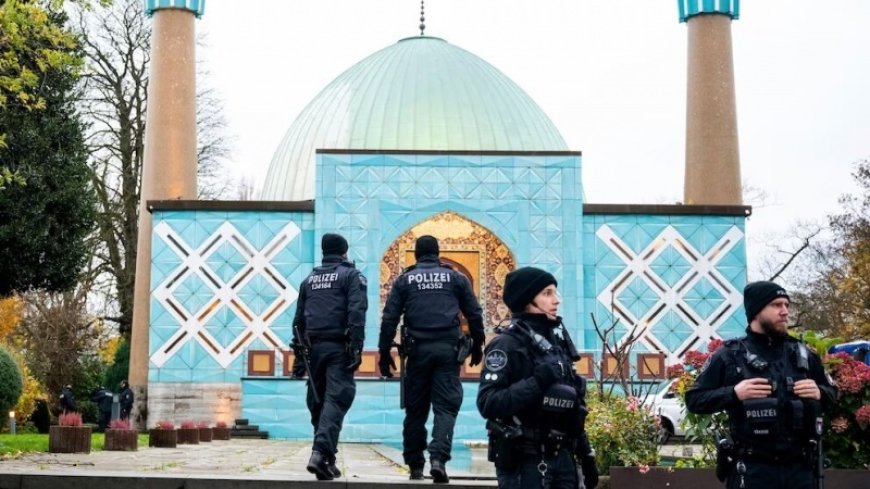Closure of Hamburg Islamic Center: A Symbol of Rejection of Religious Harmony and Free Expression

The recent closure of the Islamic Center in Hamburg by the German government has sparked significant controversy, with critics arguing that the move represents a broader rejection of religious freedom and a capitulation to external pressures, particularly from pro-Israel factions. Mohammad Mehdi Imanipour, Head of the Islamic Culture and Information Organization, has strongly condemned the action, describing it as a clear violation of human rights and freedom of expression.
The Hamburg Islamic Center, established over seven decades ago, has long been regarded as a beacon of religious harmony in Germany. Founded at the request of the German people, the center has served as a hub for interfaith dialogue and peaceful coexistence among diverse religious communities. Over the years, it has played a crucial role in fostering understanding between Muslims and other religious groups in Germany, making its closure all the more troubling to many observers.
Imanipour emphasized the center's significant contributions to religious harmony in Germany, noting that it has been a symbol of constructive dialogue and spiritual enrichment. He criticized the German government's decision as an attack on these values, arguing that it undermines the country's commitment to religious freedom and the right to free expression.
The Influence of External Forces
Imanipour and other critics have pointed to what they see as the influence of the Zionist lobby and Israeli security interests in the decision to close the center. They argue that the German government's actions are not purely the result of internal legal processes but are instead driven by a broader agenda aimed at marginalizing Muslim voices and suppressing support for the Palestinian cause.
The closure comes at a time when Israel faces increasing scrutiny on the global stage for its treatment of Palestinians. Imanipour suggested that the move is part of a larger effort to distract from Israel's actions and reduce international pressure on the Israeli government.
A Broader Assault on Religious Freedom
The closure of the Hamburg Islamic Center is seen by many as part of a growing trend in the West towards suppressing religious expression and dialogue. Imanipour warned that such actions could set a dangerous precedent, leading to further restrictions on religious freedoms across Europe and beyond. He referred to the decision as "Black Wednesday," symbolizing a broader assault on the principles of freedom of expression and human rights.
Critics argue that the closure is not just an attack on the Islamic Republic of Iran or the Islamic Revolution but is indicative of a wider anti-religious sentiment in the West. This sentiment, they claim, is manifesting in various forms, including the desecration of religious symbols, the erosion of traditional family values, and the promotion of secular and hedonistic lifestyles.
Call for Solidarity Among Religious Communities
In response to the closure, there has been a call for solidarity among religious communities worldwide. Imanipour and others have urged religious leaders to stand together in defense of freedom of thought and religion, warning that the closure of the Hamburg Islamic Center could be a harbinger of further restrictions on religious expression.
The situation has raised concerns about the future of religious freedom in Europe and the potential for similar actions to occur in other parts of the world. As the debate continues, the closure of the Hamburg Islamic Center remains a contentious issue, symbolizing the ongoing struggle between religious expression and the forces that seek to suppress it.













































